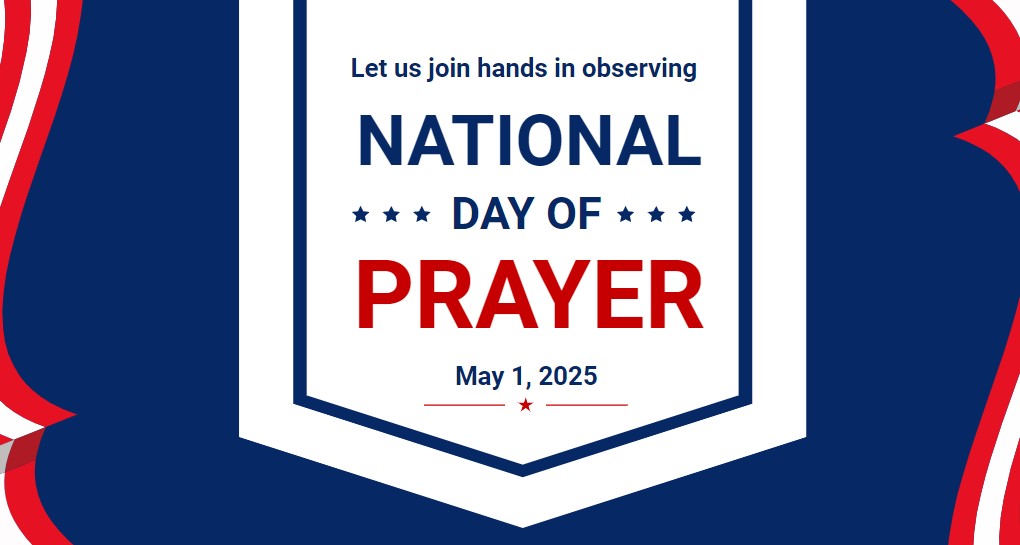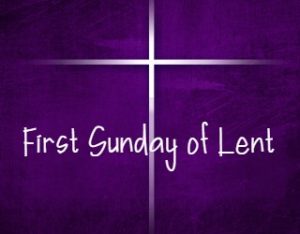 It’s interesting to me that the disciples ask Jesus to teach them to pray “just as John taught his disciples.” They wanted the words, didn’t they, for certainly Jesus had given them an example of prayer. He had modeled time alone, told them to “go to your room and pray”. They’d witnessed Him with raised eyes, hands and voice in intercessory prayer before miraculous healings. But they, like us, want “the words to say.” We forget sometimes that when we descend into our hearts, in silent waiting, it is there we meet the Spirit who is already praying within us.
It’s interesting to me that the disciples ask Jesus to teach them to pray “just as John taught his disciples.” They wanted the words, didn’t they, for certainly Jesus had given them an example of prayer. He had modeled time alone, told them to “go to your room and pray”. They’d witnessed Him with raised eyes, hands and voice in intercessory prayer before miraculous healings. But they, like us, want “the words to say.” We forget sometimes that when we descend into our hearts, in silent waiting, it is there we meet the Spirit who is already praying within us.
We look for “words” … in a prayer book, on a holy card, in the life of a saint …. We look for a guide, a director, a mentor. I don’t mean to belittle the worthwhile role these spiritual aids play in our lives. They are often critical to our spiritual growth and our salvation. We just need to keep in mind the tremendous role that Scripture plays in our lives. It is there that we read “the “Spirit of Truth will show you all things.” St. Paul reminds us: “If you do these things, you can be saved. Be joyful at all times, pray without ceasing and give thanks for all things.”
In the shortened version of what we call the “Lord’s Prayer” we pray “give us each day”. We do not ask for a train load of blessings to last us all year – just today’s help, Lord, that’s all I am asking… not even tomorrow’s help … just get me through today – I trust you will be there tomorrow – even when I feel like Mother Teresa once prayed: “I KNOW GOD WON’T GIVE ME ANYTHING I CAN’T HANDLE … I JUST WISH HE DIDN’T TRUST ME SO MUCH.”
In the Gospel, did you notice the difference in the phrase regarding forgiveness in the Our Father? We pray” forgive us our sins for we ourselves forgive everyone in debt to us.” That statement is strong, firm, and expresses willingness to forgive everyone. In the traditional version we pray “forgive us our debts, (or trespasses) as we forgive our debtors.” It sounds as if God’s forgiveness to me is measured by my willingness to forgive others. I like the second version even while I feel it is a greater challenge. I commit, I promise: I will forgive EVERYONE who is in debt to me. No willy nilly “this one but not that one, at least not today.” I forgive EVERYONE. Think of that in a few minutes when we pray the Our Father… and at Mass tomorrow… you are agreeing to forgive EVERYONE… a huge and freeing commitment.
And we do that day after day after day. Repetition isn’t just for those things we may have told our mothers were stupid… things like making the bed that we are only going to rumple up in a few hours or doing the dishes after every meal instead of collecting them until the cupboard is bare or cleaning the toilet that someone is going to mess up the minute I leave the bathroom. Repetition perfects skill in music, in handwriting, in the acquisition of good, or bad habits. And, in the repetition of daily chores (even the ones only I see), there is a meaningful expression of hospitality to myself and my companions. In the repetition of the Psalms, of favorite prayers, and liturgical actions there is a meaningful acknowledgment of our creaturely participation in God’s creative act, day after day after day.
In today’s Gospel the church offers us three examples of prayer: first the GREAT prayer, then the “ask-seek-knock” words that have inspired hymns, and finally the story of the persistent neighbor which teaches us that knocking at the door gets God’s attention and rewards our persistence. So, we pray, day after day for peace, for relief from suffering and war and for a forgiving heart.
Through our communal and personal prayer, we feed not only our own spirits, but we are, so to speak, attached by a spiritual cord to everyone with whom we have ever come into contact. That is literally, collectively the cord that nourishes thousands of people. We feed ourselves spiritually, and we also nourish all those contacts through our prayers. Our prayer is universal. We forgive everyone who is in debt to us. Luke’s recollection of Jesus’ words in his Gospel is not everyone to whom we owe a debt … rather those who are in debt to us. Who would that be? And why would someone be in debt to me?
I’ll close with a story – a simplistic reminder that sometimes we just have to be in the right DIS-position to pray:
A priest, a minister and a guru were discussing the best positions for prayer. Unbeknownst to them a TECO linesman was listening in as he worked with wires on the nearby pole. The priest was saying: “Kneeling is definitely the best way to pray.” “No,” the minister said, “I get the best results standing with my hands outstretched to Heaven.” “You’re both wrong,” the guru said. “The most effective prayer position is lying down on the floor.” The repairman could contain himself no longer. “Hey, fellas,” he interrupted, “The best praying I ever did was when I was hanging upside down from a power pole.”
~Reflection by Sister Roberta Bailey, OSB






